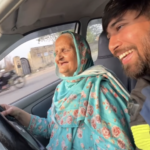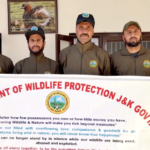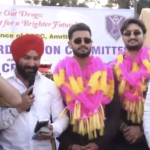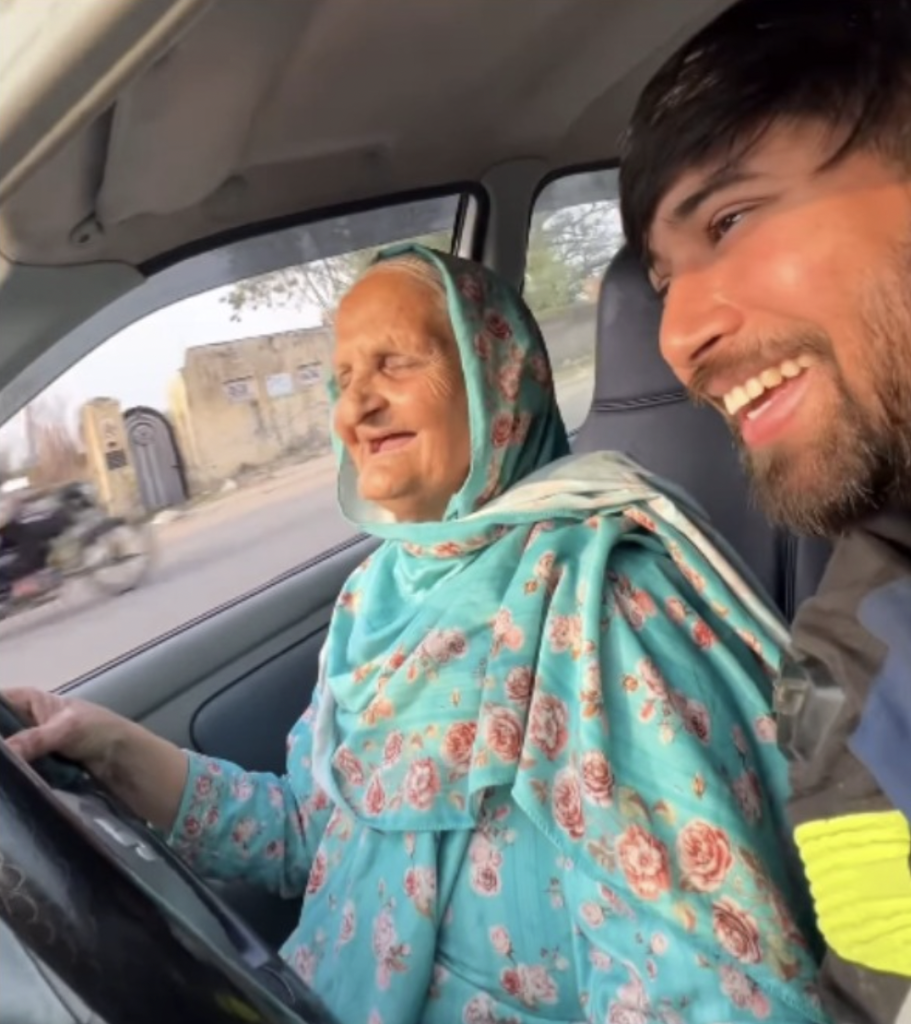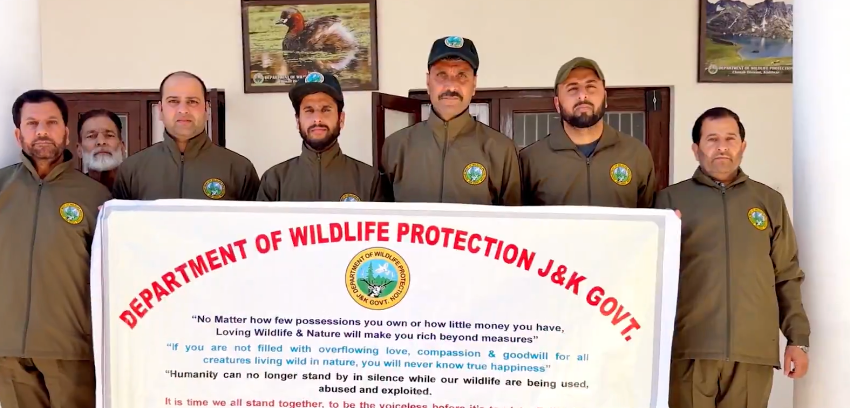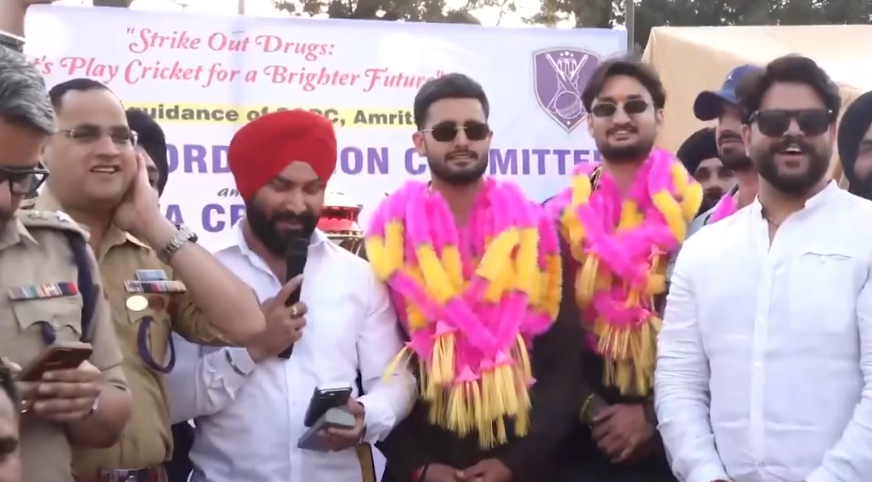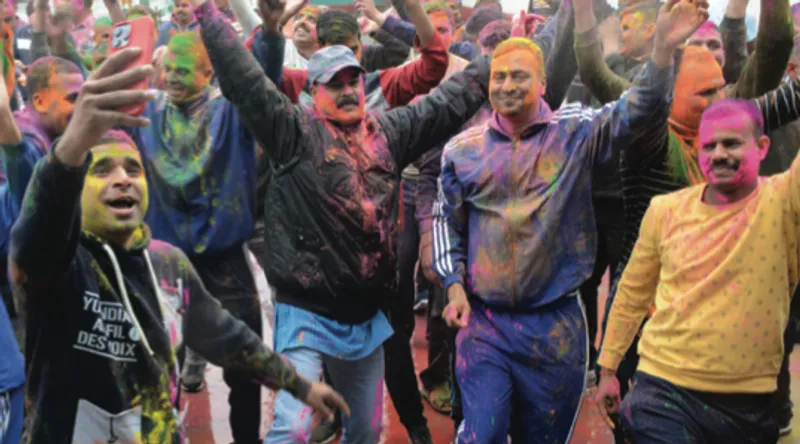In a significant and heartwarming development, the villagers of the border Panchayat Bagyal in Poonch, Jammu and Kashmir, resumed grass cutting after a gap of 25 years. The grasslands, which had been left untended due to decades of conflict along the border, were once again bustling with activity as the villagers took to the fields, accompanied by the rhythmic beating of drums. This event marked not only the revival of an agricultural practice but also the restoration of hope and normalcy in a region long affected by the shadows of conflict. For over two decades, the villagers of Bagyal had lived under the constant threat of border tensions. Frequent ceasefire violations and security concerns had made it too dangerous for them to engage in their traditional farming and grass-cutting activities. The proximity of the village to the Line of Control (LoC) meant that life was often interrupted by the unpredictability of cross-border skirmishes. As a result, routine tasks such as cutting grass—essential for feeding livestock—were abandoned, severely impacting the livelihoods of the villagers. The situation began to change in recent years with the implementation of ceasefire agreements and diplomatic efforts aimed at maintaining peace along the border. As security improved, the villagers of Bagyal felt a renewed sense of safety, allowing them to reclaim their grasslands and resume activities that had been part of their daily lives for generations. The return to grass cutting after 25 years symbolised this shift, as the villagers, driven by a collective spirit, stepped onto the fields to harvest what had long been left to grow wild. The event was more than just a return to agricultural routines—it was a powerful display of community resilience. The villagers’ decision to celebrate the occasion with the beating of drums turned the day into a festive gathering, reflecting their joy at regaining a semblance of normalcy. The sound of drums, echoing through the fields, was both a call to action and a symbol of victory over the challenges they had faced. It was a celebration of survival, hope, and the enduring connection between the people and their land. For the villagers, the return to grass cutting also marked a return to self-sufficiency. The harvested grass, essential for their livestock, was a crucial resource that had been sorely missed. This long-awaited revival of agricultural practices not only supported the local economy but also reaffirmed the villagers’ deep ties to their environment and traditional way of life. The resumption of grass cutting in Bagyal was not just a localised event; it reflected broader efforts to improve the lives of those living in border regions. Government initiatives aimed at strengthening border infrastructure, combined with efforts to maintain peace, helped create the conditions that made this revival possible. The community’s ability to come together in the face of adversity demonstrated the power of collective action and resilience. The resumption of grass cutting in the Border Panchayat of Bagyal, after a 25-year hiatus, was a milestone that symbolised much more than the harvesting of grass. It represented the villager’s journey through years of hardship, their resilience in the face of conflict, and their hope for a peaceful future. This event stands as a reminder of the strength of rural communities and the power of tradition in overcoming even the most challenging circumstances.

